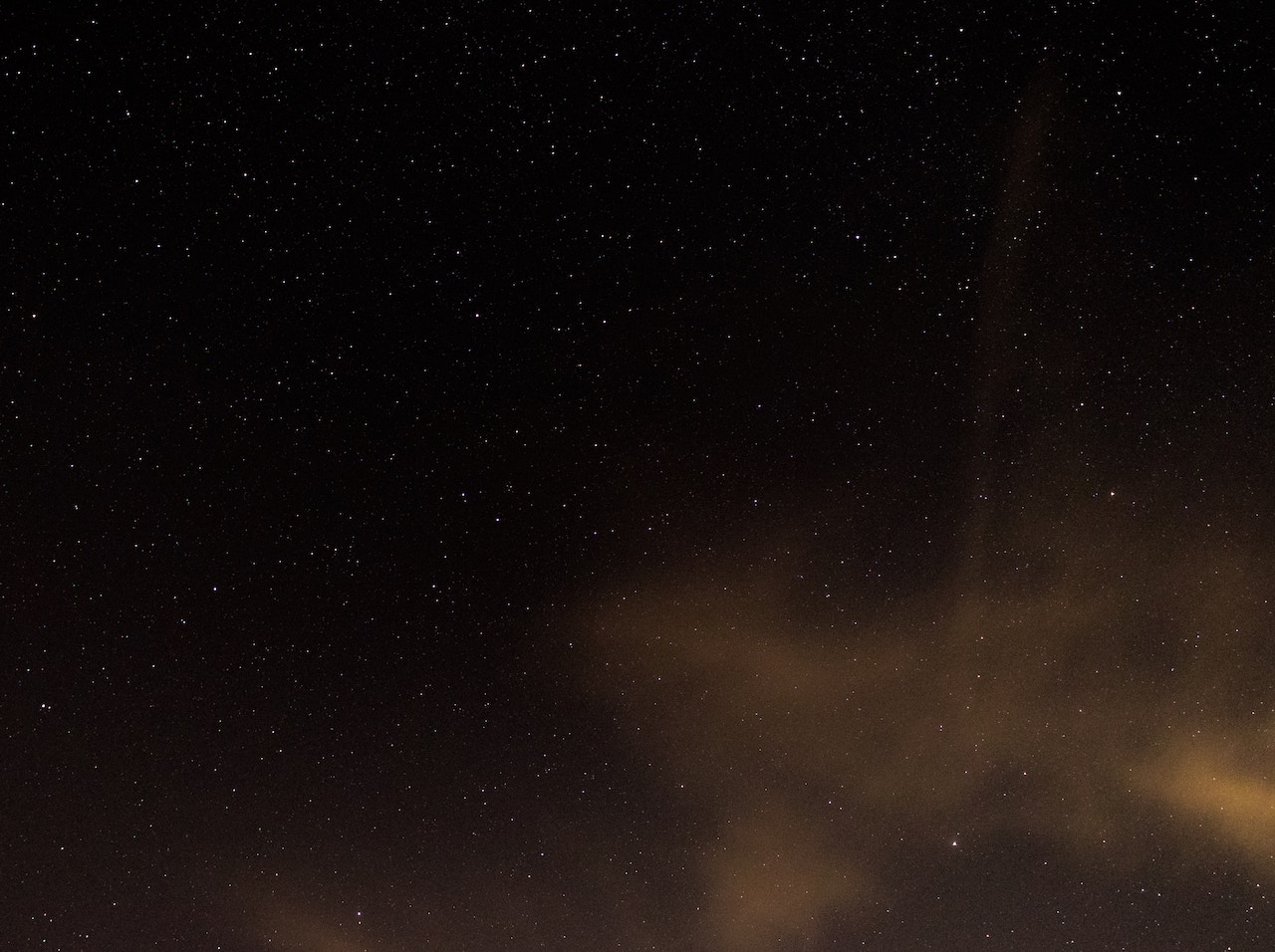Emily Pulfer-Terino: “Quick River” and “What We Love Is Killing Us”
Sometimes it takes a long time for me to find a poem in the material I’ve drafted; “Quick River” started several years before it found its course. It began as a series of images—light, leaves, river water—draped over a cerebral argument about the problems of suffering and attachment. I was just out of college then, and my interests in Zen Buddhism informed much of my thinking but had not yet manifested as more than an intellectual activity. I was engaged with the whiff of philosophy and the music in my earliest draft but, as I couldn’t locate meaning in it, I put the piece away. Several years later I returned to the draft and discovered that the poem is less an argument about clinging to experience than it is an elegy mourning a friendship altered by loss and distance. Working to guide the poem from its cool detachment and lyrical gestures to a complicated and uncertain place, I needed the speaker to be more than an observer; she had to become a participant. That her …


